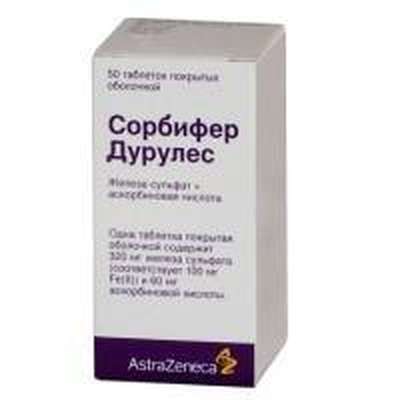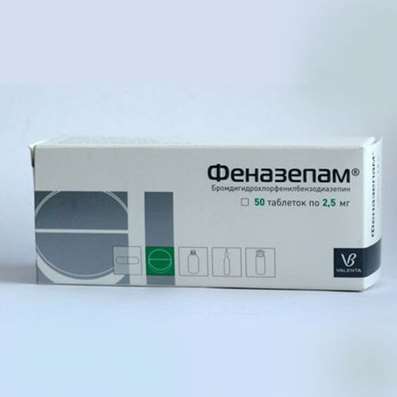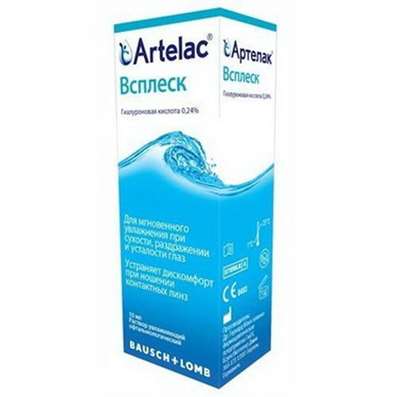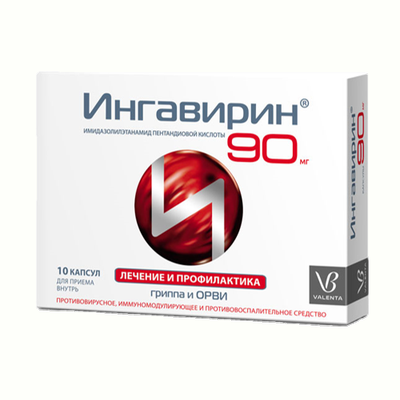Semax efficiency in the carotid ischemic stroke
22 Dec 2016
In a clinical trial of Semax in acute focal cerebral ischemia in humans criteria for inclusion in the study were patients with a clinical diagnosis of the first in the life of ischemic stroke in the carotid system, age 45-75 years, a clear mind or moderately expressed disorder of consciousness to the level of sopor, initiation of therapy within 12 h of onset. We were excluded patients with recurrent stroke, and residual effects of stroke, other neurological diseases or severe somatic pathology in the stage of decompensation, as well as in patients with acute myocardial infarction (within the last 6 weeks), atrioventricular block degree II-III.
Patients were randomly and blindly assigned to placebo were intranasally or semax in one of three doses - 6; 12 and 18 mg / day for 5 days. Background therapy maximally standardized and included hemodilution, low doses of heparin (if necessary), aspirin, and osmotic diuretics (if necessary). Calcium channel blockers, glycine, piracetam (Nootropil), and drugs with neurotrophic modulatory properties (gangliosides, low molecular weight peptides) was not used.
Comparative analysis of the groups of patients treated with placebo semax and testified about their comparability on demographics, etiology and severity of stroke at the time of hospitalization, resulting in the possibility of a comparative study of the dynamics of clinical and immunological biochemical parameters.
In the clinical analysis found a significant decrease in mortality in the group treated Semax at doses 12 and 18 mg / d group compared to patients treated Semax 6 mg / day or placebo (5, 2.5, 7.5 and 12.5 %, respectively).
It was established as a significant acceleration of the regression of neurological disorders during treatment Semax at a dose of 12-18 mg / day stroke moderate to severe. However, when using low doses of Semax (6 mg / day) no significant differences in the pace and severity of clinical dynamics with "placebo" is not revealed.
Statistical analysis was conducted among patients with stroke of moderate severity, showed a significant acceleration of the regression of focal symptoms to 6th (after treatment) and day 30 of the disease during treatment with Semax at doses of 12 and 18 mg / day compared with placebo and Semax 6 mg / day). The most pronounced therapeutic effect exerted Semax at a dose of 12 mg / day.
Statistical analysis of the dynamics of neurological status showed rapid regression of neurological deficit on the 6th and 30th day in severely ill-treated Semax at doses of 12 and 18 mg / day, compared with those taking a placebo or semaks at a dose of 6 mg / day, and most pronounced positive clinical dynamics was at a dose of 18 mg / day.
Estimation of the dynamics of the individual focal symptoms showed a statistically significant acceleration of recovery of motor functions and speech Semax against application in doses 12 and 18 mg / day as compared to the "placebo" group.
Determining the degree of functional restoration showed an increase in the proportion of patients with good recovery in treatment Semax at doses 12 and 18 mg / day, as compared to the drug dose of 6 mg / day or placebo. The differences were more pronounced in patients with moderately severe stroke, taking Semax in a dose of 12 mg / day, and seriously ill patients who took the drug at a dose of 18 mg / day.
When studying Semax efficiency depending on the timing of the treatment (2-6 or 6-12 hours after the onset of stroke) set benefits of early (within the 6-hour intervals) applying a neuroprotectant. In this case, we determined significantly more pronounced reducing the dynamics of all the clinical scales used.
Thus, conducted a randomized, double-blind, placebo-controlled trial established the safety and tolerability of neuropeptide Semax (ACTH 4-10) in patients with carotid ischemic stroke, his lack of significant side effects. Intranasal administration of Semax a daily dose of 12-18 mg for 5 days, the disease has allowed significantly reduce mortality, improve the clinical outcome of stroke and increase the restoration of disturbed neurological function in patients with different severity of the disease and one for development, including the most severe forms of stroke, caused by embolic and thrombotic occlusion of intracranial parts of the brain arteries. The study of dose-dependent efficacy showed that the optimal daily dose of moderately severe strokes -12 mg, with heavy strokes - 18 mg. The most pronounced neuro-protective effect Semax provides for early application, within a 6-hour interval after a cerebrovascular accident.

 Cart
Cart





